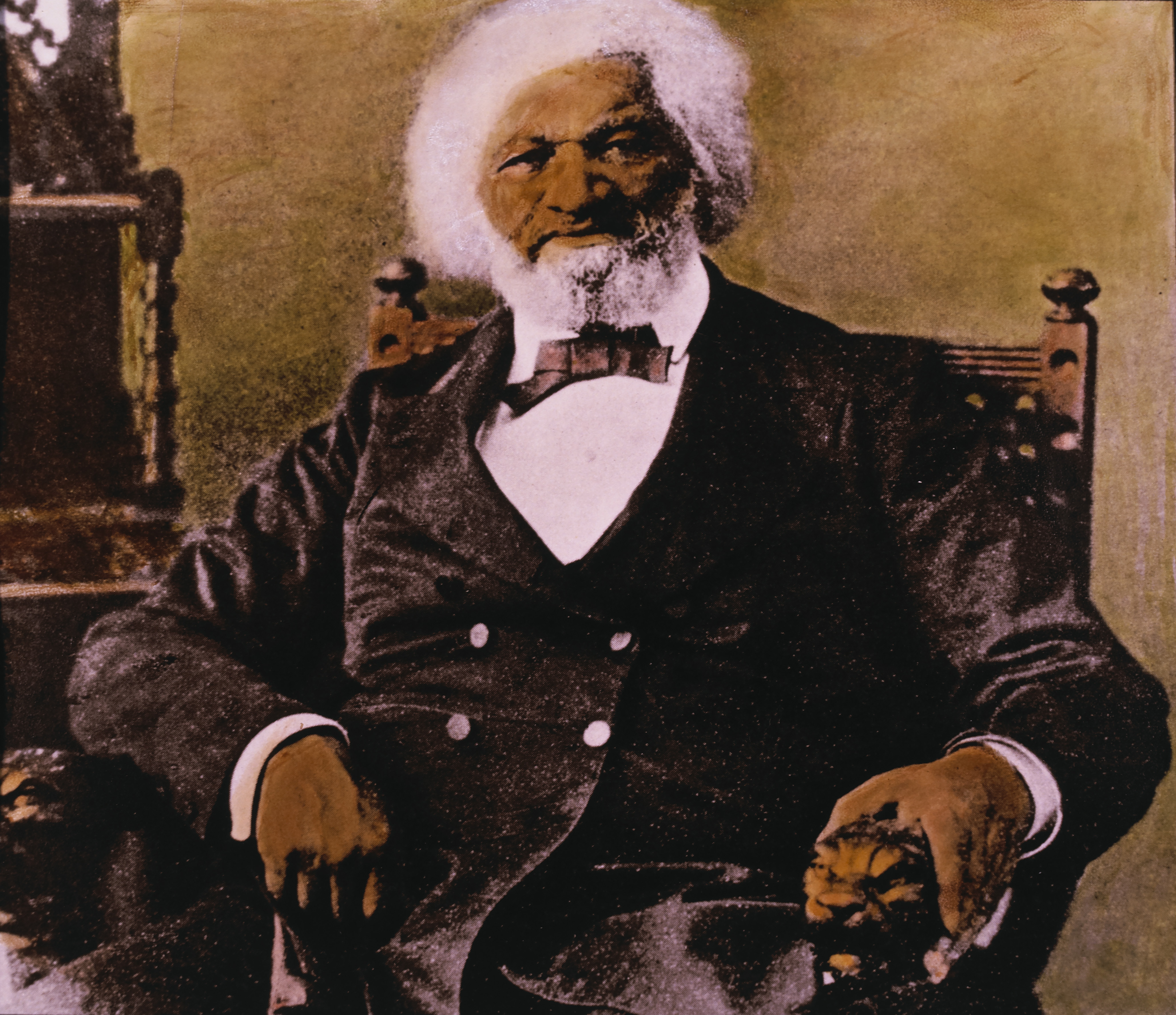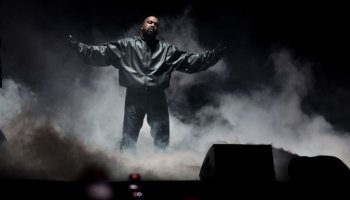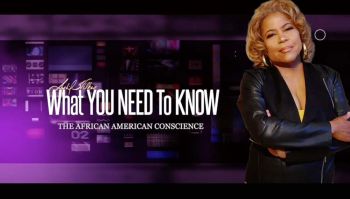Carrboro Mayor Damon Seils is pleased to announce that the Town of Carrboro will hold its 10th Annual Community Reading of the Frederick Douglass essay “What to the Slave is the Fourth of July?” on Tuesday, July 4, 2023.
The reading will occur from noon to 1:30 p.m. at the Carrboro Century Center, 100 N. Greensboro St. Introductory remarks will be provided by Reginald F. Hildebrand, a retired professor of African American Studies and History at Williams College in Williamstown, Mass., and at UNC-Chapel Hill. Professor Hildebrand provided remarks during Carrboro’s first annual Frederick Douglass Community Reading.
After retiring from UNC, Hildebrand served for three years as an adjunct instructor of history at Durham Technical Community College. He is the author of “The Times were Strange and Stirring: Methodist Preachers and the Crisis of Emancipation” (Duke University Press, 1995), and is currently working on a book with the working title, “‘The Cleverest Document Issued This Century’: Abraham Lincoln, the Emancipation Proclamation, and the Meanings of Freedom.”
In 2012, Professor Hildebrand was chosen to receive the Tanner Faculty Award for Excellence in Undergraduate Teaching at UNC-Chapel Hill. He is a former co-chair of the North Carolina Freedom Monument Project and a former trustee of the North Carolina Humanities Council. In addition, he has served as a member of the North Carolina African American Heritage Commission and as a member of the Advisory Board for the North Carolina Historical Review. In 2018, he served as a member of the Historic Civil Rights Commemorations Task Force of the Town of Chapel Hill.
About the Frederick Douglass Speech and Community Reading
“What to the slave is the Fourth of July?” posed Frederick Douglass to a gathering of 500-600 abolitionists in Rochester, N.Y., on July 5, 1852. Admission to the speech was 12 cents, and the crowd at the Rochester Ladies’ Anti-Slavery Society was enthusiastic, voting unanimously to endorse the speech at its end. This speech would be remembered as one of the most poignant addresses by Douglass, a former slave turned statesman. Douglass gave it on July 5, refusing to celebrate the Fourth of July until all slaves were emancipated.
Frederick Douglass’ essay reflects a sobering point of view about what is commonly considered to be America’s Independence Day, and is a part of the history of this country that should be recognized and remembered. The community is urged to attend and listen to the reading of this compelling work.
- For more information, contact Mayor Damon Seils at dseils@carrboronc.gov
- The reading is one of the events included in the day-long Carrboro July 4th Celebration.
- View past Carrboro’s Frederick Douglass Community Readings at https://www.youtube.com/playlist?list=PL5JEg4H8hocMjjl2BVMny6nnw_gMI6AAv
- Learn more at https://www.townofcarrboro.org/308/July-4th-Celebration

















